Let’s talk about the differences, benefits, and best applications of vinegar and alcohol.
You all know how much we love using both of them in our DIY mixes. But when it comes to tackling those tough cleaning tasks, it’s crucial to know which option is the best fit for your specific needs. So, let’s talk about the differences, benefits, and best applications of vinegar and alcohol. Along with our favorite ways and places to use them. By the end, you’ll have all the info you need to make the best decision and keep your space sparkling clean. Let’s get started on this cleaning adventure together!
The Power of Vinegar:
Vinegar, a pantry staple in many households, has long been valued for its cleaning prowess. Here’s why we think vinegar deserves a place in your cleaning routine:
Natural Cleaning Agent: Vinegar’s main active component, acetic acid, gives it its cleaning power. This natural acid is effective in dissolving mineral deposits, soap scum, and hard water stains. It also helps cut through grease and grime on various surfaces. (NOTE: Due to vinegar being an acid it should not be used on natural stone. More on that later)
Versatile Cleaner: One of vinegar’s greatest strengths is its versatility. It can be used for a wide range of cleaning tasks throughout your home. From kitchen countertops and appliances to bathroom fixtures, mirrors, and windows, vinegar can tackle them all. It even works as a fabric softener, stain remover.
Natural Odor Absorber: Vinegar has natural properties that allow it to absorb and neutralize odors. Its acidic nature helps break down and eliminate odor-causing molecules, effectively eliminating the source of the smell. From cooking smells lingering in the kitchen to musty odors in the bathroom or pet-related odors, sometimes a spray of vinegar can handle them. It works wonders on fabrics, carpets, upholstery, and even in the air.
Eco-Friendly Solution: Vinegar is non-toxic, biodegradable, and safe to use around children and pets.
The Might of Alcohol:
Alcohol, also known as isopropyl alcohol,(We still can’t say that right after many years of trying) is another popular DIY cleaner. Here’s why alcohol can be a valuable addition to your cleaning repertoire:
Powerful Solvent: Rubbing alcohol is a potent solvent that can effectively dissolve dirt, grease, and certain stains. Its fast-evaporating nature ensures that surfaces dry quickly, leaving them clean and streak-free.
Disinfectant Properties: Apart from its cleaning abilities, alcohol possesses antimicrobial properties. It can kill bacteria, viruses, and fungi, making it a valuable disinfectant. This is particularly useful for sanitizing surfaces and items in your home.
Specialized Uses: Alcohol finds its best applications in specific cleaning scenarios. It is particularly effective in cleaning electronics, such as keyboards and mobile devices, as it evaporates rapidly without leaving residue. It can also be used to clean glass and mirrors, remove ink or marker stains, and sanitize countertops and bathroom surfaces. However, caution must be exercised when using alcohol on delicate or sensitive surfaces, as it may cause damage.
Choosing the Right Solution:
To determine whether vinegar or alcohol is the right choice for your cleaning needs, consider the surface you’re cleaning and the specific task at hand. Here are some guidelines to help you make an informed decision:
Use Vinegar When:
Use Alcohol When:
Remember to always conduct spot tests on a small, inconspicuous area before using either vinegar or alcohol on a larger surface.
When NOT to Use Vinegar:
When NOT to Use Alcohol:
Now that we’ve got the information we need, let’s get into our favorite applications for both vinegar and alcohol in our homes.
Our Favorite Vinegar Applications:
Our Favorite Alcohol Applications:
Remember, both vinegar and alcohol have their places in our cleaning routines. By understanding the strengths and weaknesses of each, you can ensure you’re using the right tool for the right job. And always remember to test on an inconspicuous spot first before going all in.

